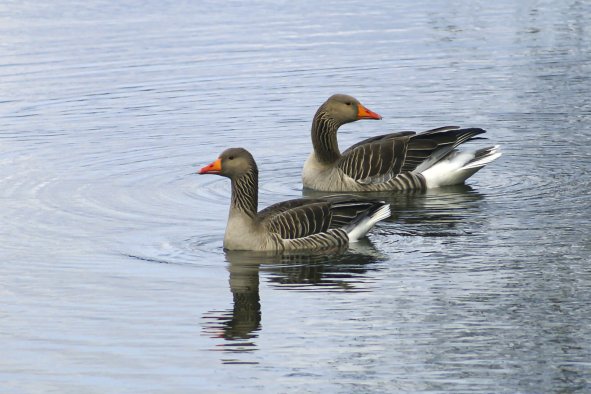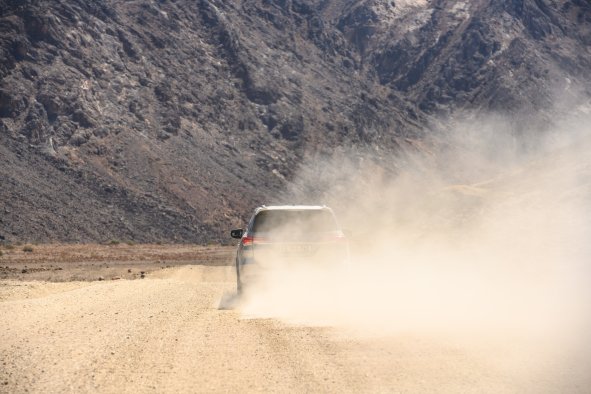Bizarre noises detected around the deepest ocean trench on Earth have finally been identified.
These strange "biotwang" sounds—first detected in 2014 during an acoustic survey of the Mariana Trench—appear to be produced the Bryde's whale, according to a new paper in the journal Frontiers in Marine Science.
Whales have been the suspected source since 2016, but researchers had been unable to match the noises to any known whale calls.
The biotwangs are described by researchers as mechanical-sounding screeches that resemble the noises made by spaceships in Star Trek paired with deeper, grumbling sounds. They were first observed during an Oregon State University survey around the Mariana Trench carried out by an autonomous seaglider—which can dive up to 35,876 feet—and have since been sporadically heard around the Pacific.
"In 2014, a novel call was discovered in autonomous acoustic recordings from the Mariana Archipelago and designated a 'Biotwang.' It was assumed to be produced by a baleen whale, but without visual verification it was impossible to assign a species," the researchers wrote in the paper.
In 2018, researchers confirmed that the biotwangs were being produced by Bryde's whales after they observed a large number of the marine animals in the vicinity of sonobuoys that picked up the strange noises.
"With nine confirmed Bryde's whale sightings in conjunction with sonobuoy recordings we demonstrate that the previously identified Biotwang call is made by Bryde's whales," the researchers wrote in the paper. "Biotwangs were observed in association with a single whale, mom-calf pairs, and groups up to four individuals with and without a calf. The only Bryde's whale sighting without Biotwang recordings was of the largest observed group (five animals), which was the only sighting of multiple individuals that did not contain a calf."
Bryde's whales are medium-sized baleen whales, usually measuring between 40 and 55 feet in length, and are found primarily in warm, tropical and subtropical waters around the world. They tend to be more solitary or found in small groups, with some populations migrating and others mostly staying in the same area. These whales are filter feeders, using their baleen plates to strain water and capture their prey, which usually includes small schooling fish, plankton and crustaceans.
In the paper, the researchers describe how now that Bryde's whales are known to be responsible for the biotwangs, they have used AI to sort through more than 200,000 hours of past noise recordings from the oceans to track the movements of this species.
They found that biotwangs were mostly only heard in the Northwest Pacific, indicating that only a particular population was making the noise. Additionally, they found that biotwangs appeared to increase during 2016, when El Niño was occurring, suggesting that more Bryde's whales had headed to the area during that period.
"Using this data we can identify possible population demarcation throughout the Western and Central North Pacific, deduce information on the seasonal presence of Bryde's whales at the recording locations suggesting migration patterns, and document differences in Bryde's whale presence at recording locations which indicate complex migration patterns with inter-annual variations in movement," the researchers wrote.
Do you have a tip on a science story that Newsweek should be covering? Do you have a question about whales? Let us know via science@newsweek.com.
References
Allen, A. N., Harvey, M., Harrell, L., Wood, M., Szesciorka, A. R., McCullough, J. L., & Oleson, E. M. (2024). Bryde's whales produce biotwang calls, which occur seasonally in long-term acoustic recordings from the Central and western North Pacific. Frontiers in Marine Science, https://doi.org/10.3389/fmars.2024.1394695
Disclaimer: The copyright of this article belongs to the original author. Reposting this article is solely for the purpose of information dissemination and does not constitute any investment advice. If there is any infringement, please contact us immediately. We will make corrections or deletions as necessary. Thank you.



